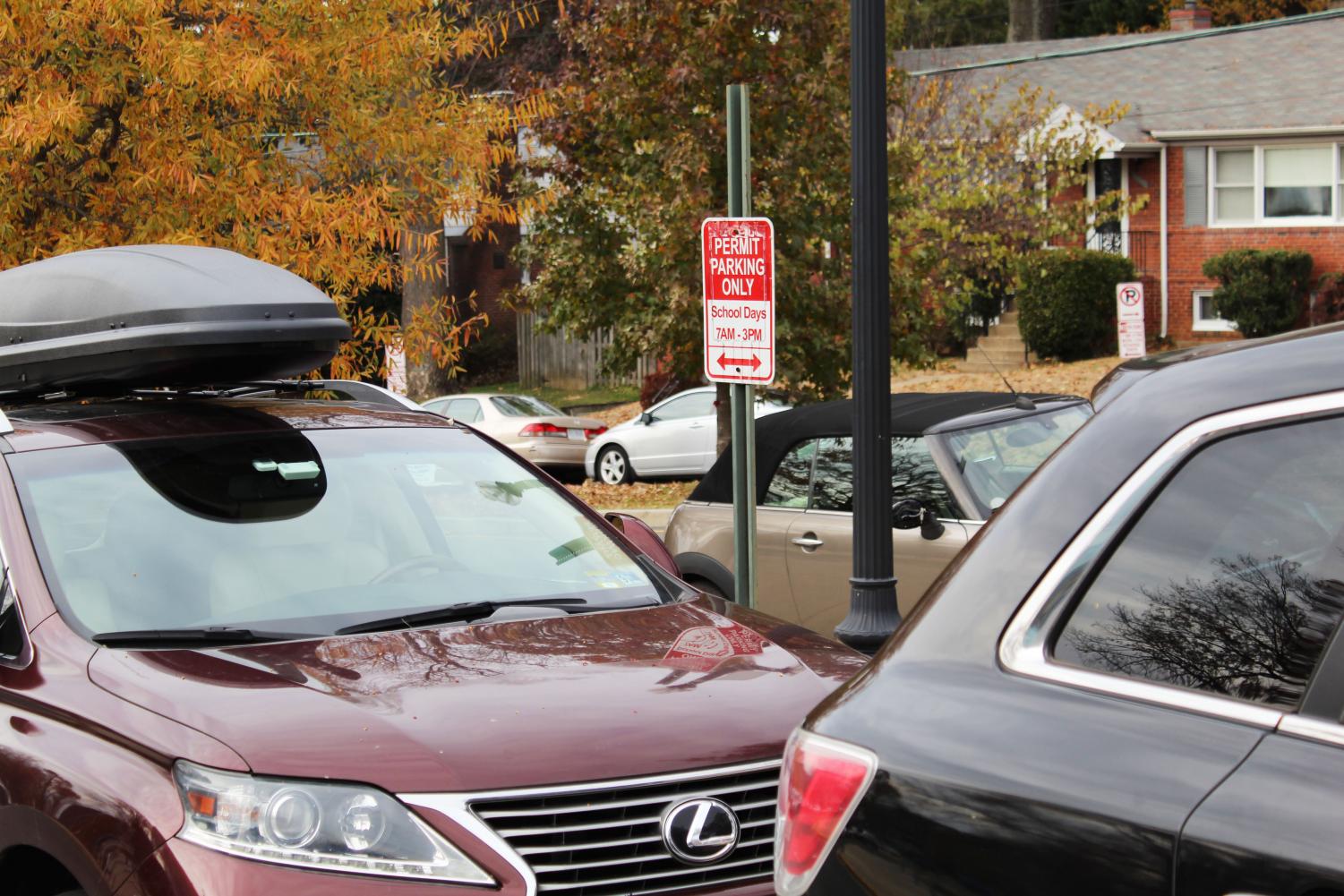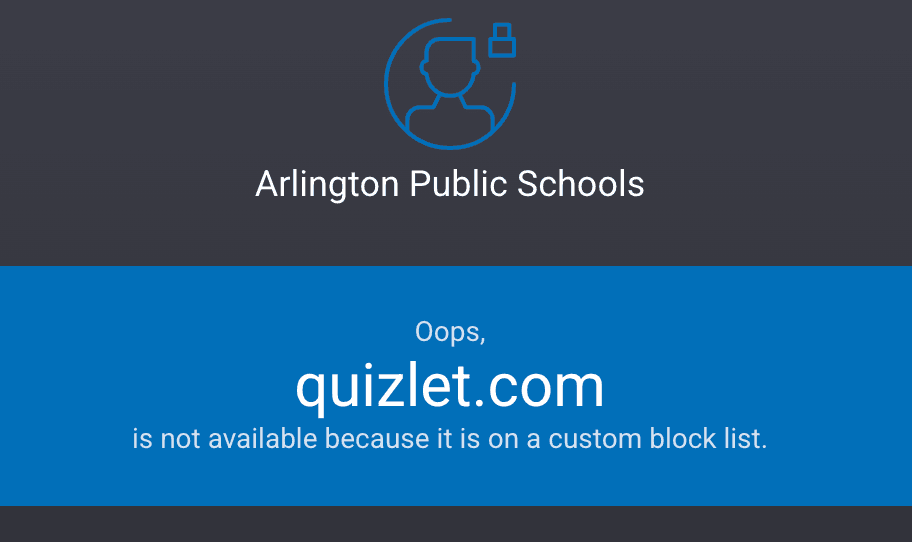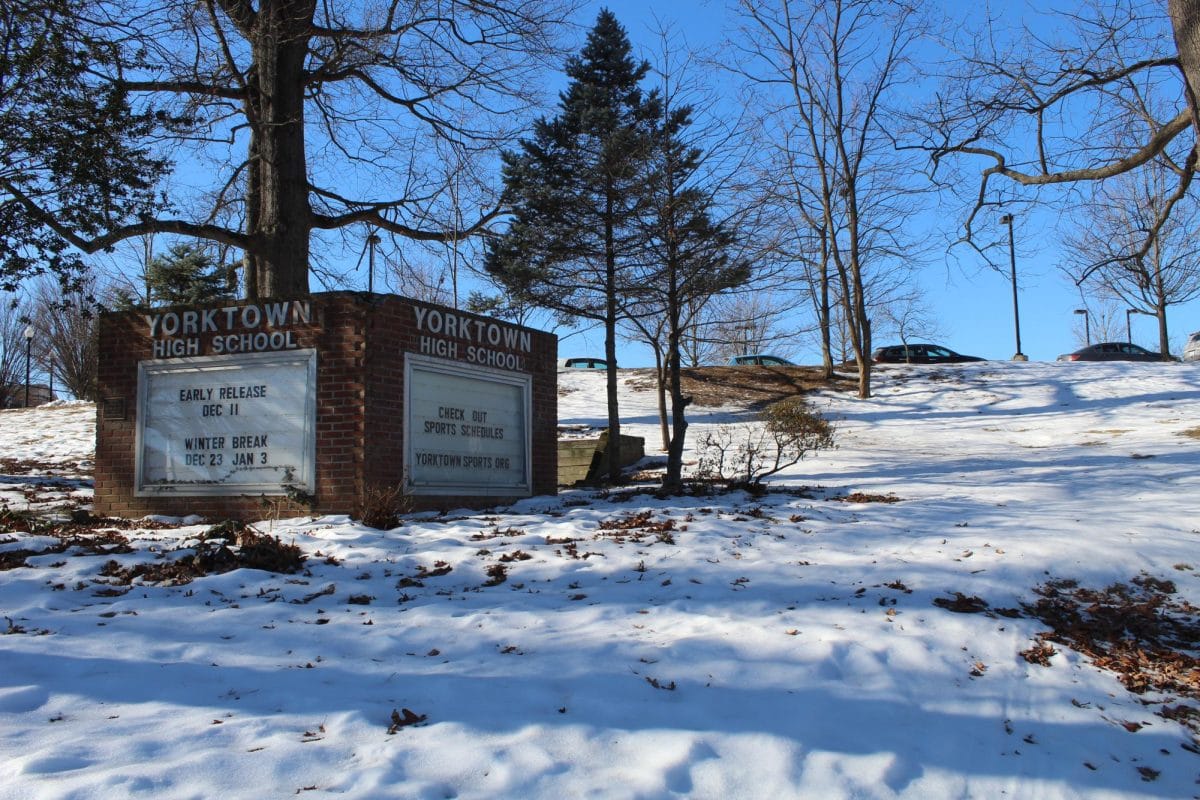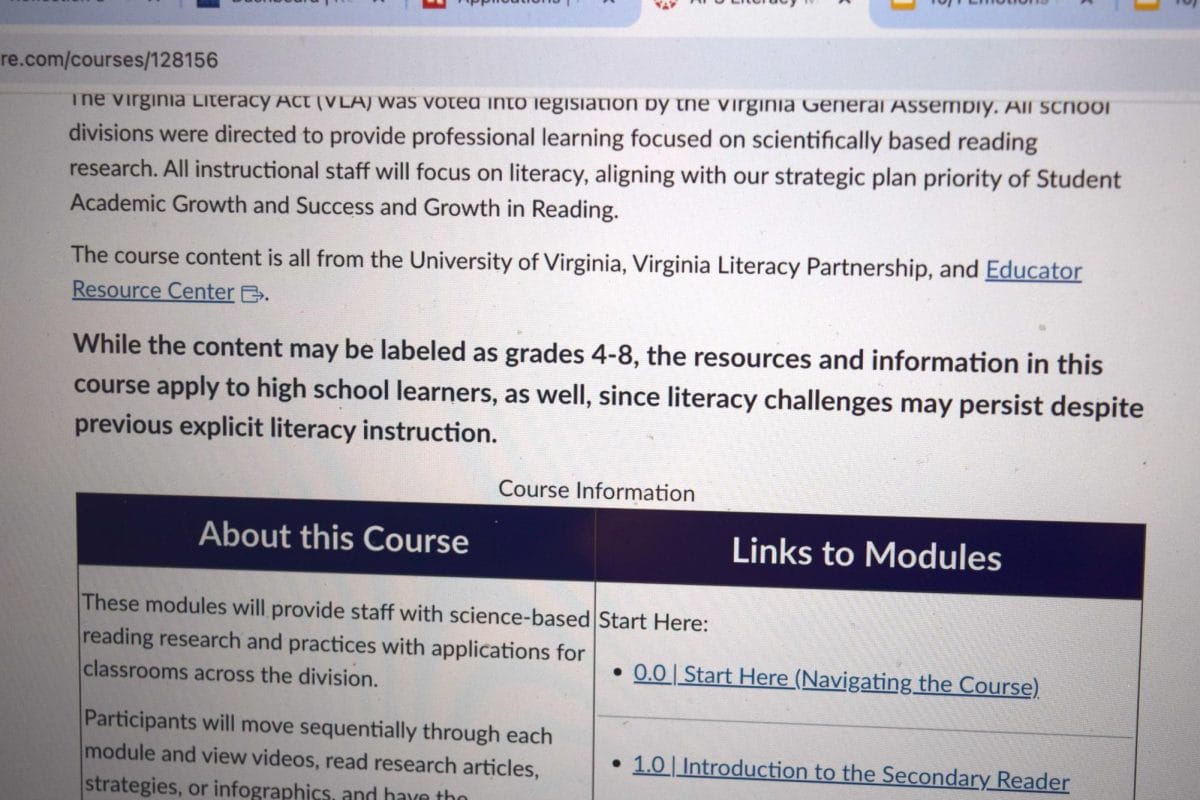It’s 4:30 a.m. and the sun is not even close to the horizon, but teachers across the country are already waking up and preparing for their long commutes to work. While many Arlington Public Schools (APS) staff members live just minutes away from the schools they work in, others drive daily from as far as Spotsylvania County and Manassas. High costs of housing can provide a tough economic challenge for any Arlington resident, but when paired with comparatively low salaries for teachers, it can be even harder to create a comfortable living situation.
Although seemingly dreary, a long commute to work can be positive as well. From listening to music to planning for the day, a lengthy drive allows staff members to mentally prepare and relax before a hectic day at work.
“[My drive] to work is kind of a forced thinking time. We are surrounded by so much technology that a lot of time it is hard to just have alone time with yourself and have time to think, process things and slow down. It’s really nice to guarantee that every day before I start work, I get to think about what I am doing that week or think of anything I need to take care of,” English teacher Christopher McIntosh said.
With drives to work that can frequently last for an hour or longer, staff members with long commutes are forced to start their days before their colleagues who live closer. While waking up early may seem intolerable, it has become the norm for these super commuters.
“My [drive] has made me a real early bird. I have always been the kind of person to wake up early, read the paper and drink my coffee, but [my commute] has definitely reinforced that because I make sure to get out of the house early to avoid the morning mess. In the morning, the rush hour [traffic] isn’t usually as bad, but the afternoon can be a real mess,” Assistant Principal Scott McKeown said.
Another factor that affects their early wake-up time is the overload of traffic on highways that lead towards Arlington. Many commuters are on their way to jobs in the urban center – Washington, D.C. and Northern Virginia – which can cause major backups on the route to work.
“The biggest con [to a long commute] is traffic and feeling like you have to leave school as soon as possible to not hit traffic … I feel more pressure to leave sooner after school, which means I can’t stay as long with students who need to stay after for work and I can’t do coaching or host certain clubs,” McIntosh said.
Not only is sitting in traffic frustrating, but it can also be costly for commuters on toll roads.
“I rarely use the toll lanes, [but] … tolls increase significantly when traffic is bad and one could easily pay $50 or more one-way … if they live far enough south to have the four separate tolls. It’s very rare that I take the [High Occupancy Vehicle lanes] (HOV), but I did once pay $67 to get to work because [Interstate] 95 North main lanes were shut down, so all tolls increased that morning,” Transition Coordinator Joy Haley said.
Prolonged drives and sitting in traffic for hours each week provides challenges beyond just frustration. Rather than having free time in the afternoons after school to engage with family and friends, those extra hours are often spent on the road.
“[The long commute] can make you a little more gun-shy in the afternoons. Sometimes you are looking at the clock and just thinking ‘Let me get out on the road,’ …. When [my kids] were younger, I [felt] more pressure to get home and to look after them and help get them to after school activities,” McKeown said.
While the negative effects of hours spent on the road each day seem overwhelming, there is a reason why many APS staff members choose to work in Arlington over the towns they reside in.
“For me, the benefits and advantages of working in Arlington far exceed any negative impacts related to the commute. I’ve been with APS three years and I’m still amazed at [the] resources and opportunities available to the students and staff members …. [When] I started looking into jobs in [APS], I noticed that they had lots of positions that are needed in other school divisions, but that [other school districts] didn’t necessarily have the budget for, [like] transition coordinators, which is the job that I am doing now,” Haley said.
Additionally, the problem of low wages for teachers and school staff makes it hard to find affordable housing in Arlington, one of the most expensive counties in the nation for home-buying. Another incentive for teaching in APS is that retirement plans are provided for staff members and teachers that work in Arlington for at least 30 years. These benefits are not as readily available in underfunded school systems in other parts of Virginia and Maryland.
Although teachers have the option to work in the towns they reside in, many choose to come to APS because of its better funding and benefits for teachers. While traffic can be excruciating, staff members find that the positives of working in Northern Virginia outweigh the struggles caused by the commute. Arlington’s staff and students are glad that these dedicated teachers and administrators make the commitment to travel long distances to work every day.













































